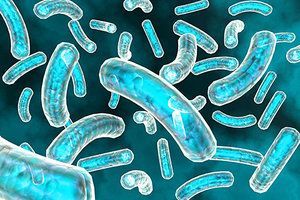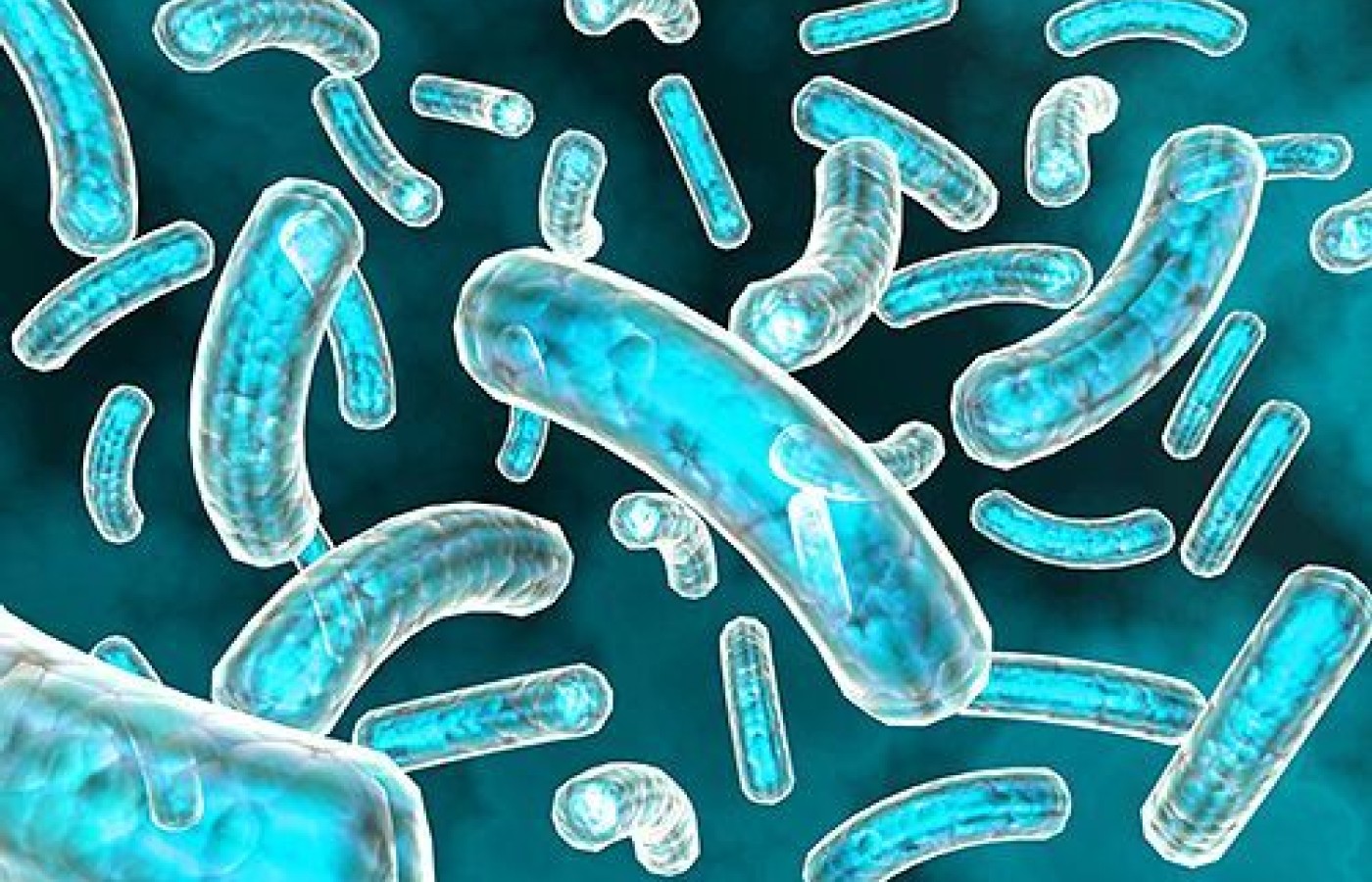The most important relationship I seek to nurture in the treatment room is the one a patient has with their own body. We live in a culture that teaches us to override pain, defer to outside authority, and push through discomfort. Patients often arrive hoping I can “fix” them, but the truth is, we can’t do the work for them. We can offer guidance, insight and support, but healing requires their full participation.
Probiotics: A Way to Increase the Efficacy of Acupuncture for Chronic Constipation
More people every year are being diagnosed with digestive difficulties. Constipation, one of the most common digestive complaints, can not only be mentally and physically uncomfortable but can negatively impact well-being. Although most constipation is attended to in an outpatient setting, in the last decade there has been an increase in constipation related hospital admissions.
According to the American Journal of Gastroenterology, from 2006 to 2011 the frequency of constipation related emergency room visits increased to a whopping 41.5 percent totaling 703,391 visits, while the average hospital cost increased 54 percent to $2,306 per patient.1 It is estimated that 63 million Americans struggle with chronic constipation, therefore finding safe and effective therapies to treat this problem will positively impact wellbeing and decrease healthcare costs.2
The definition of constipation can vary, generally medical personnel define it as less than three bowel movements per week with "normal" functioning being between three per day to three movements per week.3 However, patients will often correlate constipation with slower, infrequent bowel movements which may or may not be harder in consistency and involve straining or difficulty passing. Many of us will experience an occasional bout of constipation, however, clinically chronic constipation is when an individual has struggled with these symptoms for six months or more.
According to the Rome III and IV the following is the criteria for a person with the complaint of chronic functional constipation:
- Must have at least two of the following:
- Straining during at least 25 percent of defecations
- Lumpy or hard stools at least 25 percent of defecations
- Sensation of incomplete evacuation for at least 25 percent of defecations
- Sensation of anorectal obstruction/blockage for at least 25 percent of defecations
- The need for manual maneuvers to facilitate at least 25 percent of defecations
- Fewer than three defecations per week
- Loose stools are rarely present without the use of laxatives
- There is insufficient criteria for irritable bowel syndrome

Note that these criteria must be met for the last three months with symptom onset at least six months prior to diagnosis.4 The first line of therapy for constipation often includes lifestyle modifications such as increased physical activity, diet adjustments, and increased water and fiber intake. After that common solutions include stool softeners, bulking agents, and laxatives. More recently, those who experience constipation are finding sustained relief with acupuncture.
According to some clinical studies performed using acupuncture for treatment of chronic functional constipation, it is a viable option for the afflicted. Studies have focused on both local acupuncture points on the abdomen as well as non-local points on the arms and legs and using both manual acupuncture and electroacupuncture.5
The majority of the trials researched here included and revered the abdominal acupuncture point ST 25 (Tianshu) as the primary acupuncture point for constipation. In one study this point was tested for efficacy at a deeper insertion using a .75mm needle and a shallower insertion using only a .25mm needle. Both depths yielded positive results in improving intestinal functionality to relieve constipation. Also, electroacupuncture on ST 25 (Tianshu) was more effective than a prescription strength laxative because of the sustained therapeutic effects noted after treatment was discontinued.6 Other notable points used in these trials included LI 11 (Quchi) at the elbow7 and ST 37 (Shangjuxu) on the lower leg.8
In recent years, probiotics have become a popular supplement to benefit overall health. In general, probiotics are good bacteria that reside in your lower gastrointestinal tract that when improperly balanced can cause a multitude of symptoms for the host, including constipation. Learning more about the gut and probiotics over the past couple years and adding probiotics into the treatment plan for my patients who struggle with constipation has yielded positive results and piqued my interest in combining the two therapies. Although there are a multitude of probiotic strains, the studies on the most common strains in relieving constipation seem promising by improving gut transit time, stool frequency, and consistency.9
A systematic review of trials studying the effect of probiotics as a treatment for constipation in the elderly found a significant improvement by 10-40 percent.10 Data has started to show that even in children, a population which constipation is a prevalent complaint that can often have a psychological component, probiotics can help increase the number of bowel movements.11 Constipation is also a common complaint of women throughout pregnancy. A small pilot study shows that when given a daily probiotic the pregnant women showed an increase in bowel frequency, a decrease in incomplete evacuation, decrease in abdominal pain, and interestingly a decrease in acid reflux episodes.12
In my clinical practice, patients with a chief complaint of constipation receive a spore-based probiotic and weekly acupuncture. A common acupuncture point protocol I suggest encouraging natural intestinal peristalsis includes: CV 12 (Zhongwan), ST 25 (Tianshu), ST 37 (Shangjuxu), SP 6 (Sanyinjiao), LI 4 (Hegu), LI 11 (Quchi), and SJ 6 (Zhigou). In persistent cases, I will incorporate electrostimulation on ST 25 (Tianshu) with leads connected to ST 37 (Shangjuxu) and/or LI 11 (Quchi) to enhance the treatment.
From this research, a hypothesis could be drawn that a combination of acupuncture and probiotics would be an effective, safe, nonpharmacologic treatment for people with functional chronic constipation. Side effects for both modalities are extremely low and cost savings in health care would be significant. Further research studying the two therapies combined is needed but the outlook is promising.
References
- Sommers T, Corban C, et al. Emergency department burden of constipation in the United States from 2006 to 2011. American Journal of Gastroenterology, 2015 Apr;110(4):572-9.
- Higgins P, Johanson J. Epidemiology of constipation in North America: a systematic review. American Journal of Gastroenterology, 2004 Apr;99(4):750-9.
- Leung L, Riutta T, Kotecha J, et al. Chronic Constipation: an evidence-based Review. Journal Of The American Board Of Family Medicine, 2011 Jul-Aug;24(4):436-51.
- Rome Foundation. Rome III diagnostic criteria for functional gastrointestinal disorders. J Gastrointestin Liver Dis., 2006 Sep;15(3):307-12.
- Wang X, Yin J. Complementary and Alternative Therapies for Chronic Constipation. Evidence Based Complimentary and Alternative Medicine, 2015.
- Wu J, Liu B, Li N, et al. Effect and safety of deep needling and shallow needling for functional constipation. Medicine (Baltimore), 2014 Dec;93(28):e284.
- Qin Q, Gao X, Liu K, et al. Acupuncture at heterotopic acupoints enhances jejunal motility in constipated and diarrheic rats. World Journal Of Gastroenterology, 2014 Dec28;20(48):18271-18283.
- Liang C, Wang K, Xu B, et al. Electroacupuncture at acupoint ST 37(Shangjuxu) improves function of the enteric nervous system in a novel mouse constipation model. BioMed Central Complementary and Alternative Medicine, 2016;16:392.
- Dimindi E, Christodoulides S, et al. The effect of probiotics on functional constipation in adults: a systematic review and meta-analysis of randomized controlled trials. American Journal of Clinical Nutrition, 2014 Oct;100(4):1075-84.
- Martinez-Martinez MI, Calabuig-Tolsa R, et al. The effect of probiotics as a treatment for constipation in elderly people: A systematic review. Archives of Gerontology and Geriatrics, 2017 Jul;71:142-149.
- Huang R, Hu J. Positive Effect of Probiotics on Constipation in Children: A Systematic Review and Meta-Analysis of Six Randomized Controlled Trials. Fron in Cellular and Infection Micro, 2017 Apr 28.
- Milliano ID, Tabbers MM, et al. Is a multispecies probiotic mixture effective in constipation during pregnancy? A pilot study. Nutrition Journal, 2012.



